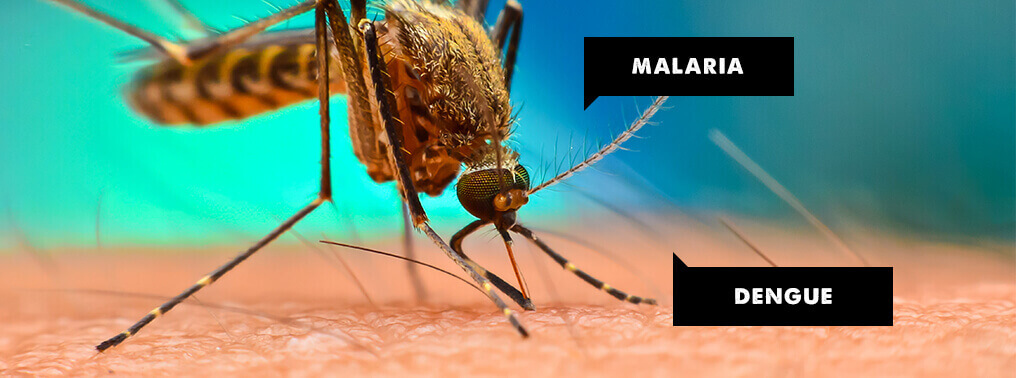As dengue and malaria cases surge in Delhi, the city’s authorities are taking decisive action to tackle the issue. Aiming to curb the potential risks associated with the outbreak, the government has addressed the sale of painkillers. An official advisory has been issued to chemists, urging them to refrain from over-the-counter sales of common painkiller drugs like Aspirin and Ibuprofen without a prescription from a registered medical practitioner. The concern is that improper usage of these medications can harm blood platelets, exacerbating health problems for patients. By closely monitoring painkiller sales and ensuring prescriptions, the Delhi government is actively working to combat vector-borne diseases and safeguard public health.

Amidst the rainy season, cases of vector-borne diseases, such as dengue and malaria, have been on the rise in Delhi. In anticipation of a further increase during the pre and post-monsoon period, the Drugs Control Department of the Delhi government has issued an advisory. The focus is to restrict the unregulated sale of painkiller drugs like Aspirin and Ibuprofen. These medicines can potentially harm blood platelets, which is why the government insists on prescriptions from registered medical practitioners for their sale. Additionally, retail chemists are required to keep records of these painkiller drugs to ensure proper monitoring.
The Risk of Platelet Destruction
The government’s advisory warns that certain commonly used painkiller drugs can be harmful to our blood platelets. These medicines are usually given by doctors to help ease body aches and reduce inflammation caused by dengue and malaria. However, if these drugs are not used correctly, they can create health problems to the people. Sometimes, people might take these medicines on their own without a doctor’s advice, and chemists might sell them without asking for a prescription. This can put the health of the public at risk and make the situation worse. Therefore, it is essential to use these painkillers only as prescribed by a doctor to ensure our safety and well-being during this outbreak of dengue and malaria.
Understanding Vector-Borne Diseases
Vector-borne diseases are illnesses transmitted to humans by vectors like mosquitoes. Malaria, Dengue, Chikungunya, Japanese Encephalitis, Lymphatic Filariasis, Kala-Azar, and Zika are some examples of vector-borne diseases.
A Global Health Concern
The World Health Organization (WHO) estimates that vector-borne diseases account for 17% of all infectious diseases worldwide. Among these, malaria and dengue are the most prevalent, causing thousands of deaths each year. In total, more than 700,000 people lose their lives annually due to diseases like malaria, dengue, and others such as schistosomiasis, human African trypanosomiasis, leishmaniasis, Chagas disease, yellow fever, Japanese encephalitis, and onchocerciasis, as stated by the WHO. Malaria is a parasitic infection transmitted by Anopheline mosquitoes. It causes an estimated 219 million cases globally, and results in more than 400,000 deaths every year. Most of the deaths occur in children under the age of 5 years. Many of vector-borne diseases are preventable, through protective measures, and community mobilisation.
Recognizing Symptoms of Vector-borne Diseases
Given the current season, it is crucial to be aware of the symptoms associated with vector-borne diseases. Common signs of malaria and dengue include severe body aches, eye pain, swollen glands, and rashes (especially in dengue cases). Additionally, individuals with malaria may experience intense chills and excessive sweating.
In conclusion, the Delhi government’s advisory serves as a proactive measure to address the surge in dengue and malaria cases. By curbing the unregulated sale of certain painkiller drugs, the government aims to protect the well-being of its citizens. The public needs to adhere to prescribed medication guidelines and promptly seek medical attention if experiencing symptoms related to vector-borne diseases. Together, we can combat these illnesses and safeguard public health.













